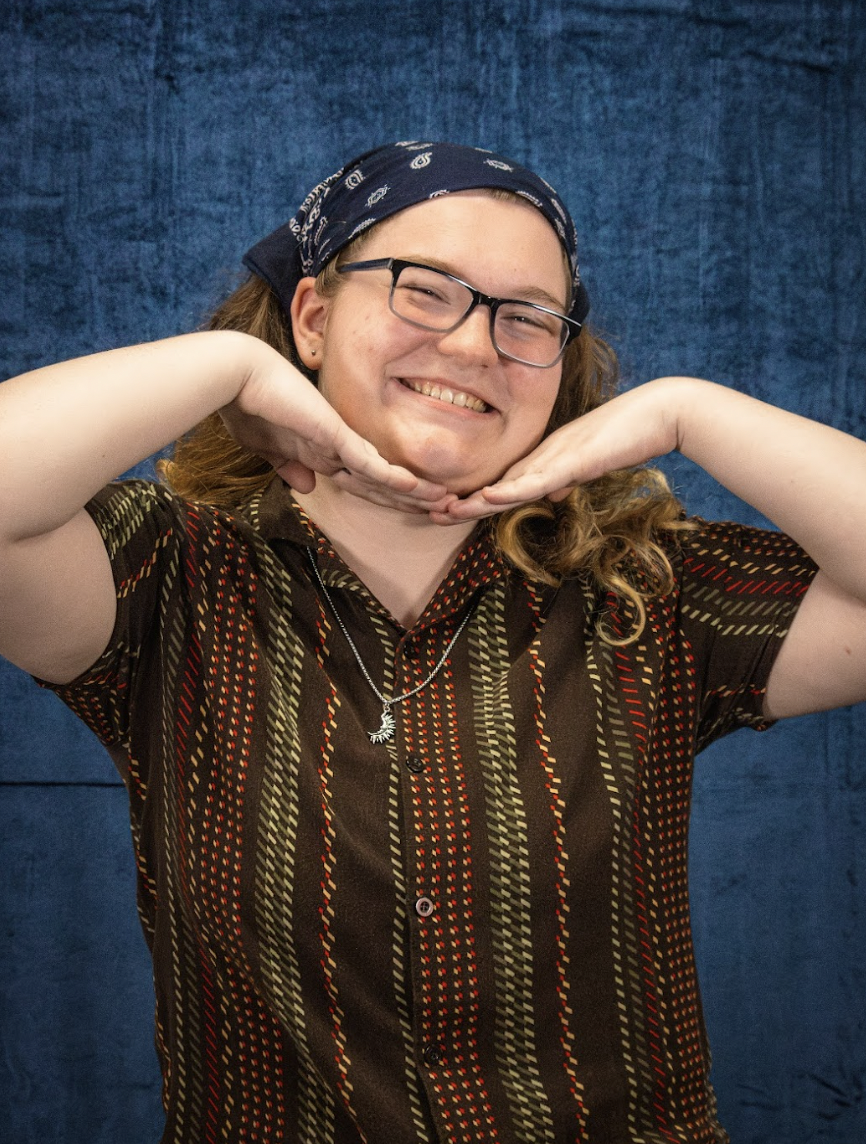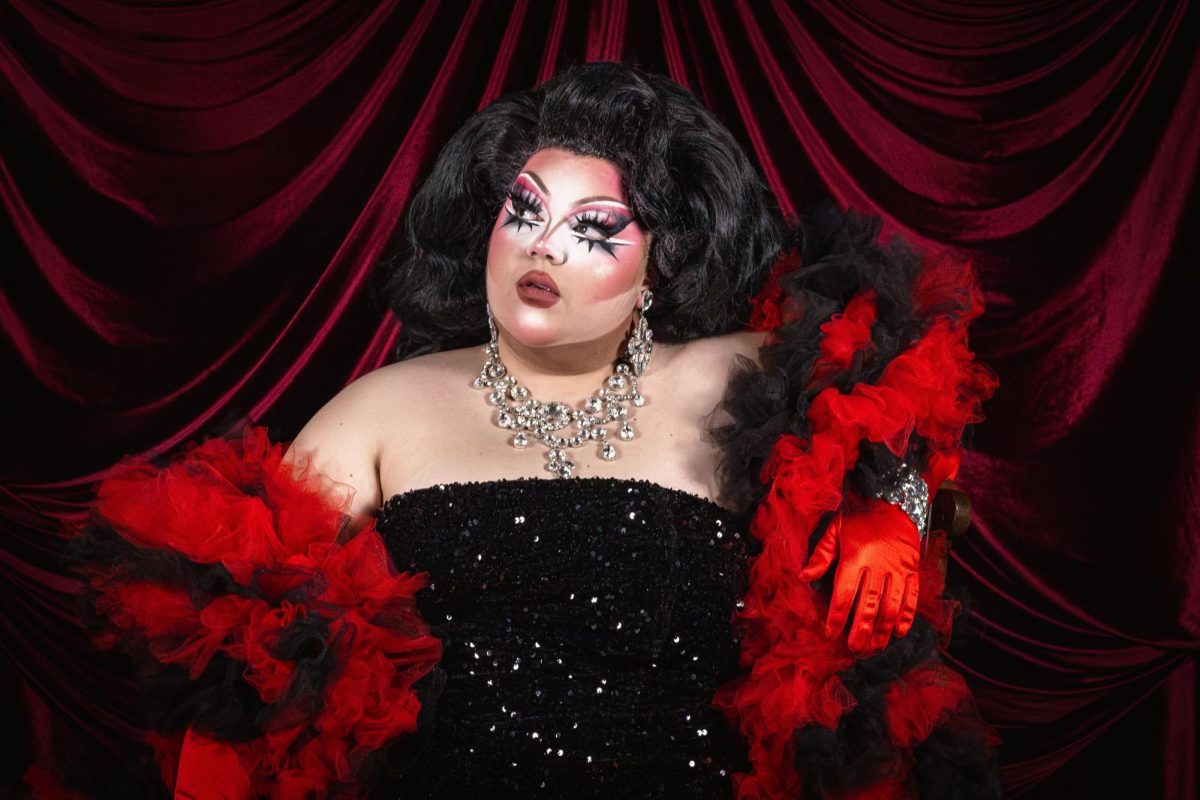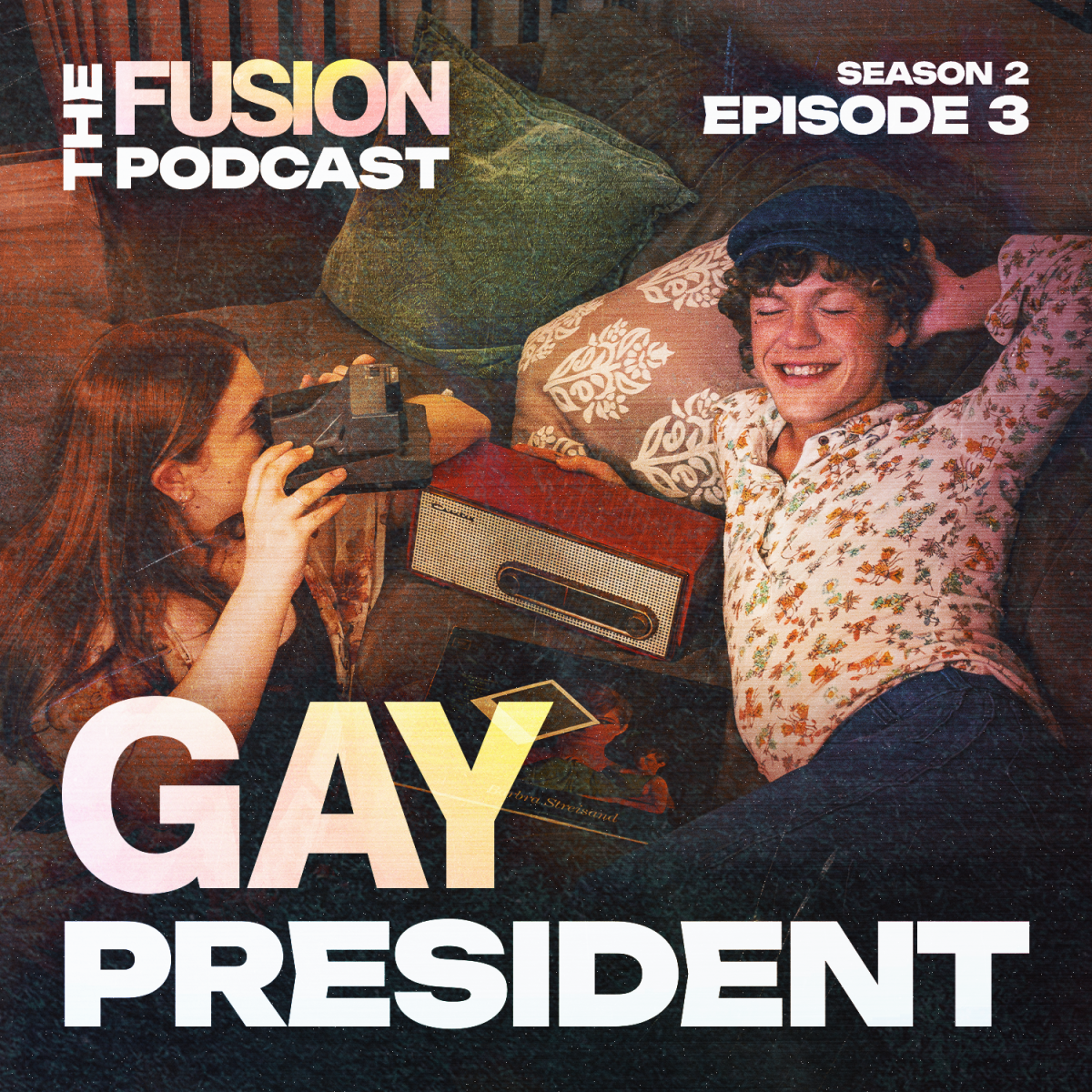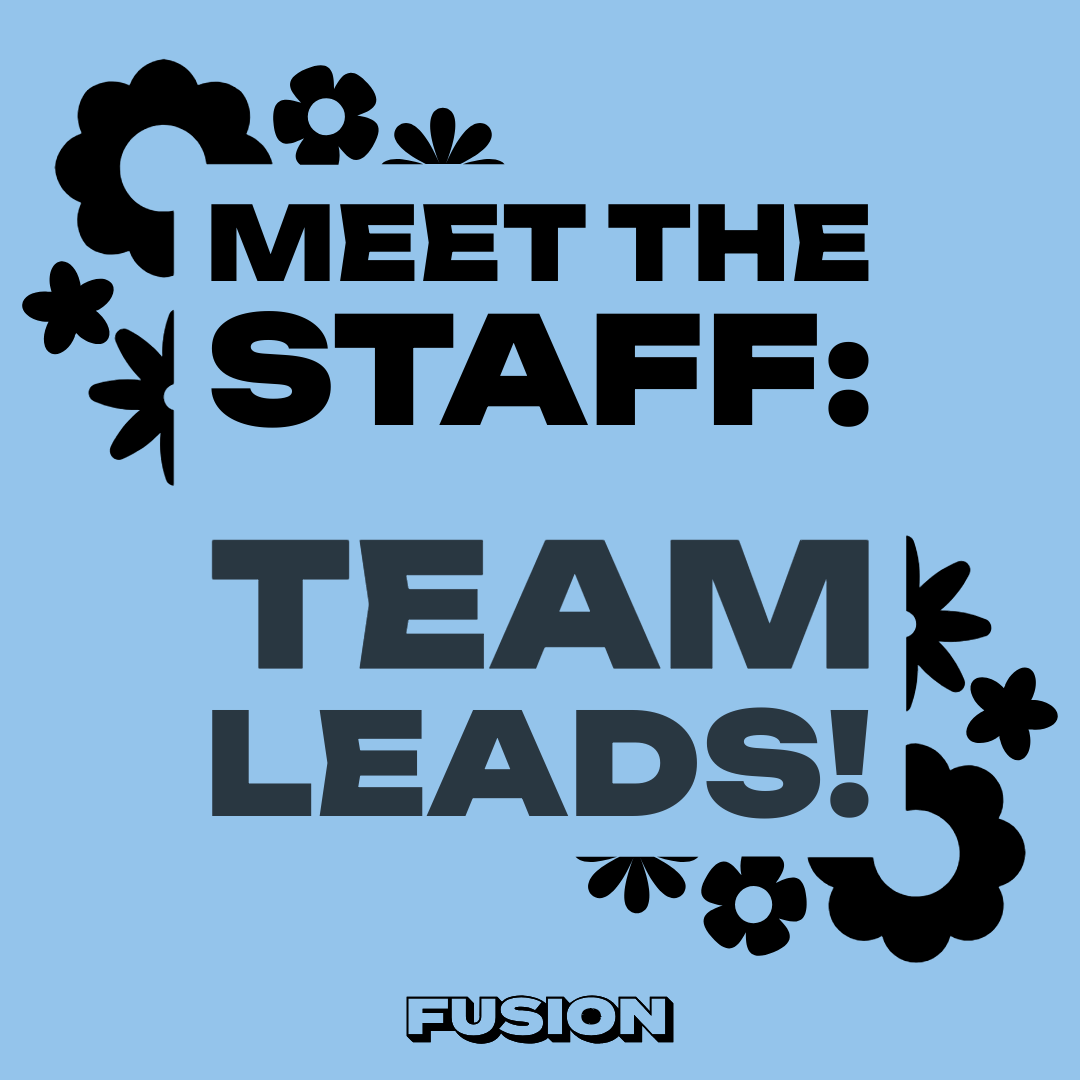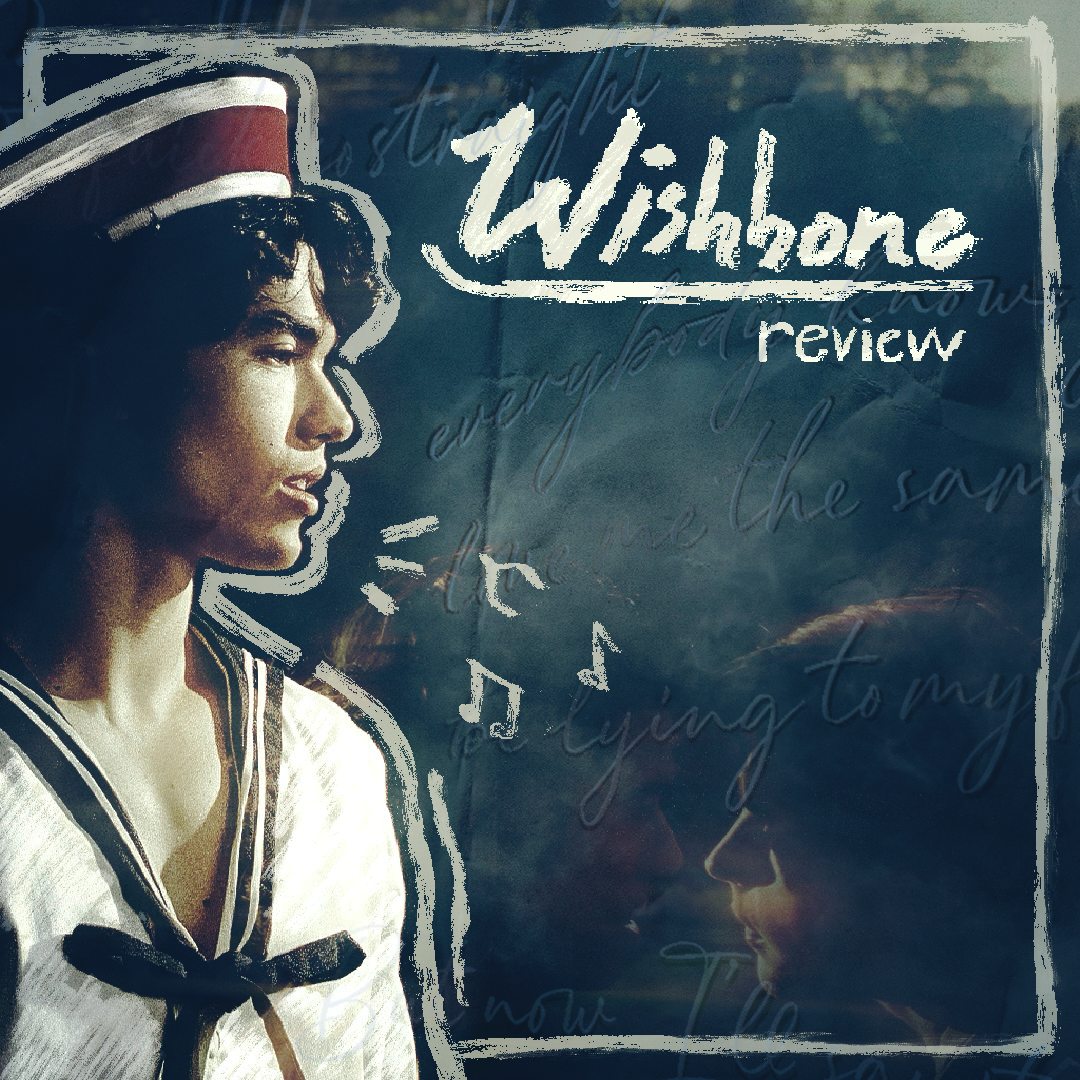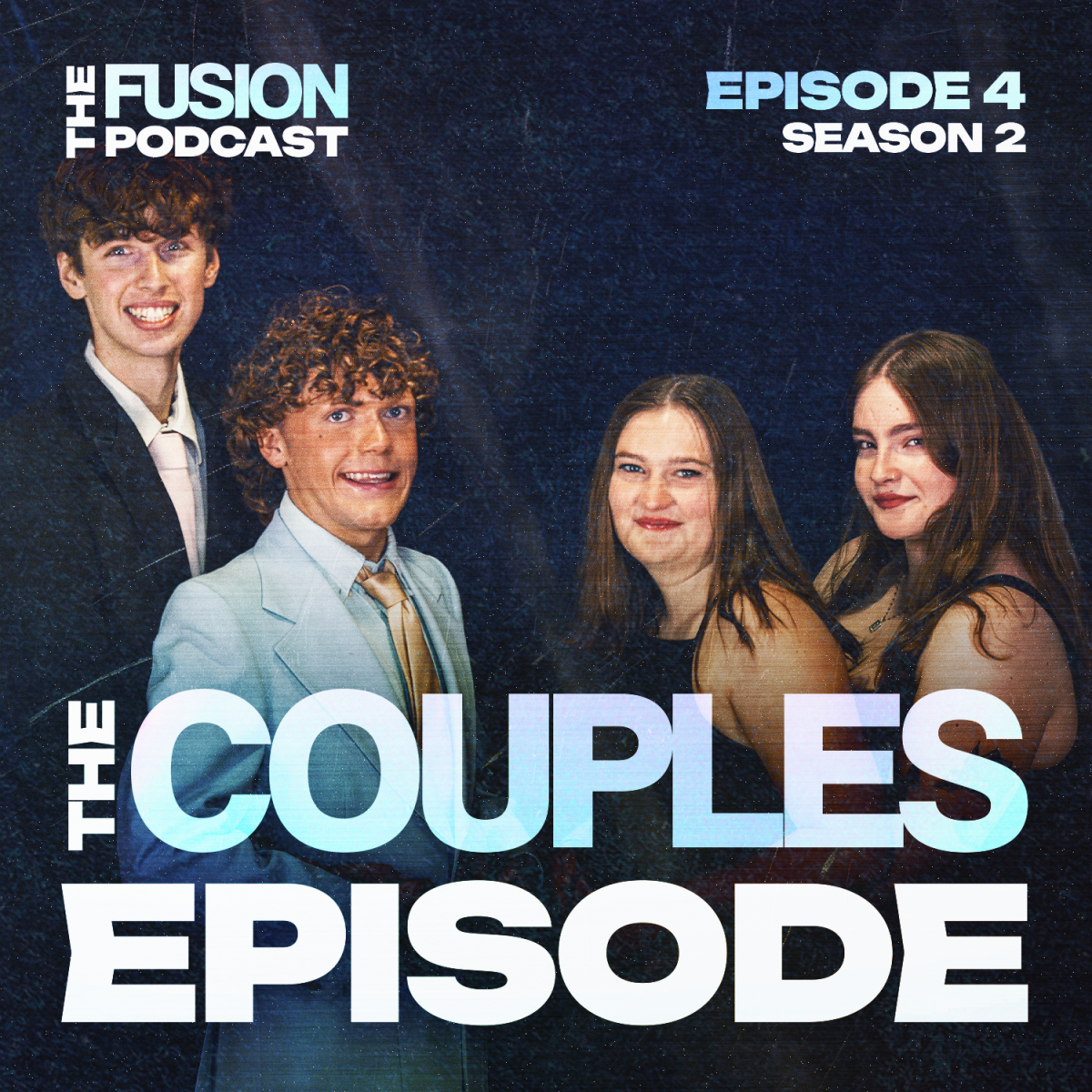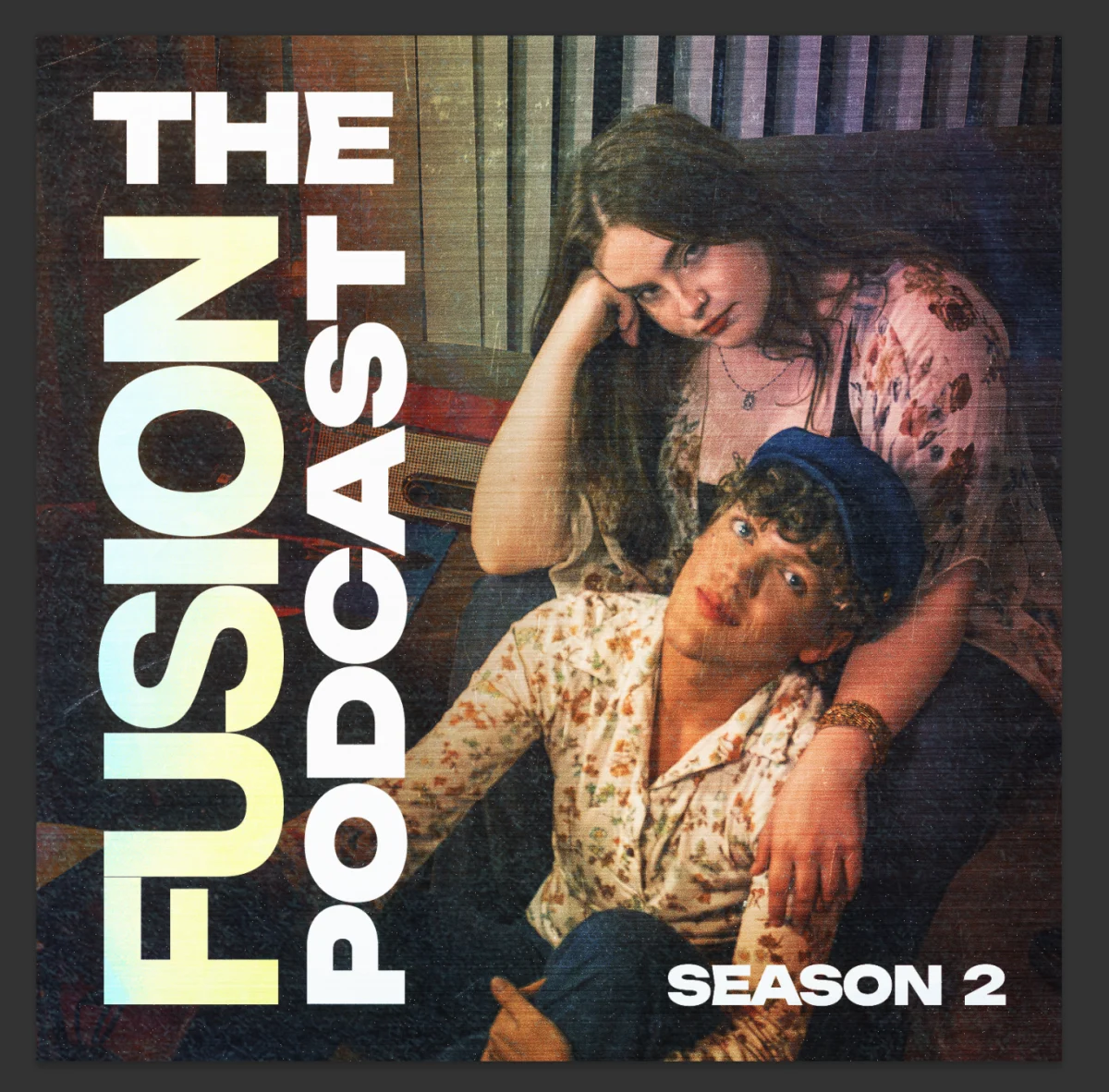For these three Kent State officials, being out isn’t a big deal — it’s just part of who they are.
By Kelly Pickerel
Betsy Joseph
Betsy Joseph, director of Residence Services, didn’t come out until she was in her 30s in Pennsylvania surrounded by supportive co-workers.
“When I was in college, I wasn’t comfortable, and I was probably as homophobic as the rest of society,” she says.

Now, Joseph says her orientation sometimes helps her interact with college students.
“I’ve had to deal with types of harassments (where) it’s been helpful for students who are gay or lesbian to feel safe talking with me because I may be better able to relate or understand the issues they have faced,” she says.
When applying for a job at Kent State, Joseph didn’t hide the fact she was a lesbian.
“During my interview process, I used the term ‘partner’ to gauge reactions,” she says. “I was comfortable that this would be an OK place to be.”
Joseph says she hasn’t experienced any problems that were directed at her because she was a lesbian. She and her partner of 11 years host holiday parties, and friends and colleagues of all backgrounds show up every time.
“We just live our lives, and we’re OK with people seeing it,” she says. “Our house is just like everyone else’s house. We’re not activists; we just want folks to get to know us and see we’re no different than other couples.”
The support from Kent State and its staff has been positive. When Joseph’s partner was diagnosed with thyroid cancer last year, everyone pulled together around them.
“Some of the people who were most supportive to us were my housekeeping staff, who I think I’m probably the first lesbian they really knew,” she says. “They were asking about my partner, and you could tell they were sort of uncomfortable.
“But they’re good people, and they care about us, and they care about me.”
Steve Sokany
Steve Sokany attended and worked at a Jesuit university before coming here in 1993. He says his surroundings delayed his coming out until age 24.
“I went to the University of Detroit,” he says. “I was in a fraternity. I wasn’t comfortable coming out then.”

A sticky situation with a young lady who wanted to be more than friends eventually led to Sokany revealing his sexuality to his friends — and later his family. He left a note on the table for his family to find.
“I was a nervous wreck,” he says. “By the time I got home, there was a message (on the answering machine) that I was so ridiculous and that they didn’t care.”
Kent State has given Sokany, associate vice president for Institutional Advancement, the comfort to be who he is.
“While I’m open, I don’t wear it on my sleeve,” he says. “I just say, ‘This is my life.’”
At former university President Carol Cartwright’s retirement dinner, Sokany brought his partner with him. He says he was hesitant to bring him to earlier events, mainly because of what the conservative-majority Board of Trustees members would think.
“I had a number of them come up to me and say, ‘Why have you kept him hidden for so long?’” he says. “I didn’t give them enough credit. I feel (Kent State) is a very welcoming environment.”
Recently, Sokany got a taste of the real world. He considered a position at a local Jesuit university. He was open with them, and the university’s headhunter suggested he withdraw his application.
“It’s important to be who you are and not pretend,” he says. “I don’t think I would have chosen to go to that position because I truly love Kent State, but that was the first time that I was like, ‘Wow. I actually can be looked at differently because of that.’”
Brian Thornton
Brian Thornton found out after earning his master’s degree that engineering isn’t the most gay-friendly industry to work in. So he worked as health coordinator for the Lesbian and Gay (now LGBT) Center of Greater Cleveland, a job that usually outs him on his resume immediately.
“That has kept me from getting some jobs,” says Thornton, Kent State’s manager of advancement communications in donor services since 2007. “But the jobs I have gotten, having that on there has sparked interest in my employers. You’re never going to get hired by anyone who hates gay people.”

But Thornton finds his sexual orientation helps in certain cases when working with alumni and donors.
“My history as a gay activist can make things odd sometimes,” Thornton says. “You deal with some people who are extremely conservative, so you have to really put away your personal life.”
One of the more difficult things to handle with alumni services is discriminatory comments from people who are oblivious to their surroundings, Thornton says. While working previously at his alma mater, Case Western Reserve University, he says he met one alumnus who said some hurtful things — not necessarily about Thornton personally — in passing.
“Being how progressive I am, I just had to bite my tongue,” he says. “I’m not here to lecture this man on his prejudices; I’m here to be a representative of this university.”
Thornton follows a simple philosophy: Gays and lesbians have a great connection with people and can easily read emotions, and they fulfill that role in society.
“We should embrace that role,” he says. “A big part of my job is listening and telling stories in a way that sparks emotion. Being a gay man totally helps my job here.”


